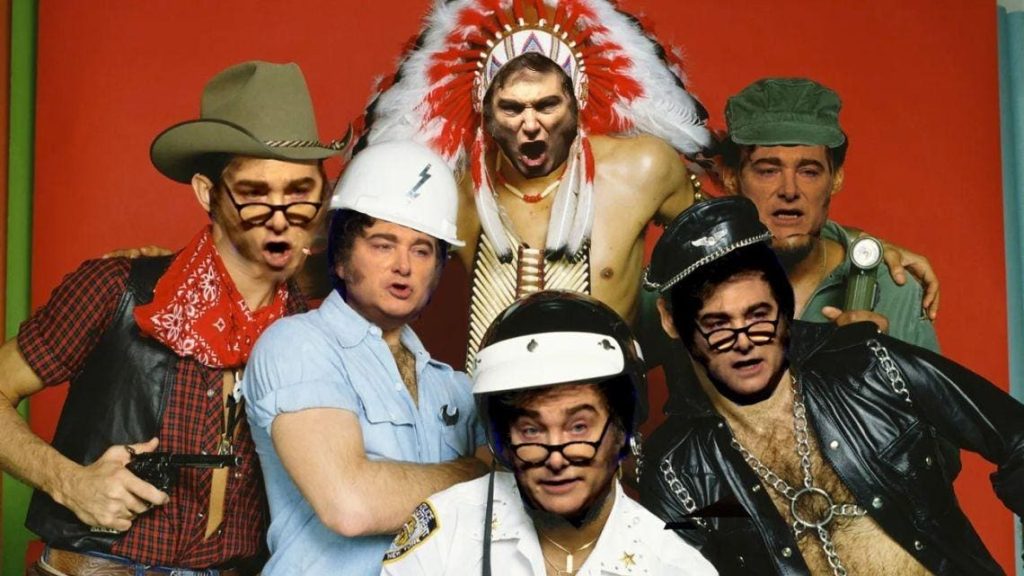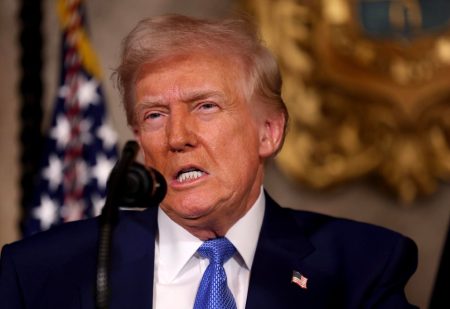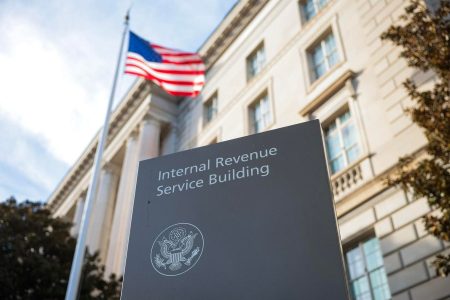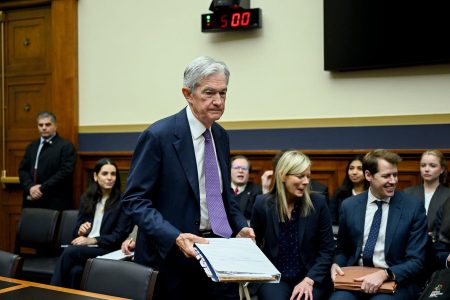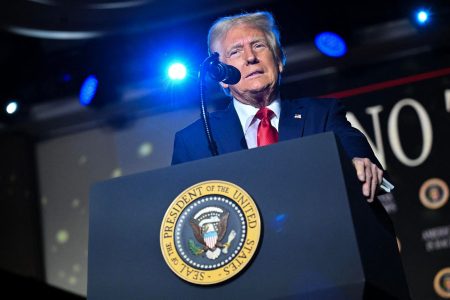Javier Milei’s first year as Argentina’s president has been a whirlwind of disruptive change, defying expectations and reshaping the nation’s political landscape. His self-proclaimed “anarcho-capitalist” ideology, once relegated to the fringes of political discourse, has resonated with a substantial portion of the electorate, disillusioned with traditional political forces. Despite implementing harsh austerity measures that have exacerbated existing economic woes, including increased poverty and diminished purchasing power, Milei has managed to cultivate a robust level of popular support, capitalizing on a carefully crafted international image as a figurehead of the “new right.” This global platform amplifies his message and seemingly validates his radical approach at home.
Milei’s political ascent has been nothing short of meteoric. From a commentator on late-night television to a seat in the Chamber of Deputies and ultimately the presidency, he has shattered the established political order. His victory over both the established Cambiemos/Juntos por el Cambio and the Frente de Todos coalitions reflects a deep-seated societal frustration with the status quo, which Milei skillfully tapped into. Despite predictions of failure due to his lack of political experience and institutional support, Milei and his La Libertad Avanza coalition have adeptly navigated the political arena, outmaneuvering a fragmented opposition. By strategically aligning with and then abandoning different factions, they have secured key legislative victories while keeping their opponents off balance.
A central component of Milei’s strategy has been the manipulation of the opposition landscape. He absorbed key figures like Patricia Bullrich from the PRO party, weakening his rivals while bolstering his own ranks. Simultaneously, he has maintained Cristina Fernández de Kirchner as a central figure within the Peronist movement, preventing the emergence of potentially stronger challengers. This tactic ensures a divided opposition while solidifying his own position. The success of this strategy is largely attributed to the shrewd political maneuvering of advisor Santiago Caputo. However, the long-term viability of this approach remains uncertain, resting heavily on Milei’s personal charisma and the lack of viable alternatives within the fractured opposition. The upcoming midterm elections will serve as a crucial test of the staying power of this unconventional political calculus.
The cornerstone of Milei’s political dominance is his sustained popularity, which defies conventional wisdom about the relationship between austerity and public approval. His economic plan, orchestrated by Economy Minister Luis ‘Toto’ Caputo, prioritizes balanced budgets, currency controls, and a strengthening peso. While these measures have contributed to a decrease in inflation, fulfilling a key campaign promise, they have also resulted in a severe recession and widespread economic hardship. Despite this, a segment of the population has embraced the perceived stability and the nostalgic hope of a return to the economic prosperity of the 1990s, fueling Milei’s continued support. The resurgence of international travel among the middle class, while the poor grapple with economic hardship, underscores the starkly contrasting realities experienced under Milei’s leadership.
However, the sustainability of Milei’s economic approach is questionable. Concerns have been raised about the overvaluation of the peso, the lack of foreign reserves, and the devastating impact of job losses and reduced consumption on the private sector. The looming burden of Argentina’s substantial foreign debt and IMF obligations poses significant challenges. Furthermore, the political landscape could shift, with the emergence of a unifying figure within the opposition or a strategic alliance among disparate factions. The enduring appeal of Milei’s unconventional approach will be tested as the initial allure of his outsider status fades and the economic realities continue to bite.
The first year of Javier Milei’s presidency has been marked by radical change, defying expectations and reshaping the political landscape. His ability to maintain popularity despite implementing harsh economic measures is a testament to his political acumen and the deep-seated disillusionment with traditional political forces. However, the long-term viability of his economic and political strategies remains uncertain. The confluence of economic vulnerabilities, a fragmented opposition seeking to regroup, and the potential for waning public support creates a precarious scenario for Milei’s second year in office. The upcoming midterm elections will be a critical test of his ability to maintain his grip on power and the direction Argentina will take in the years to come.




